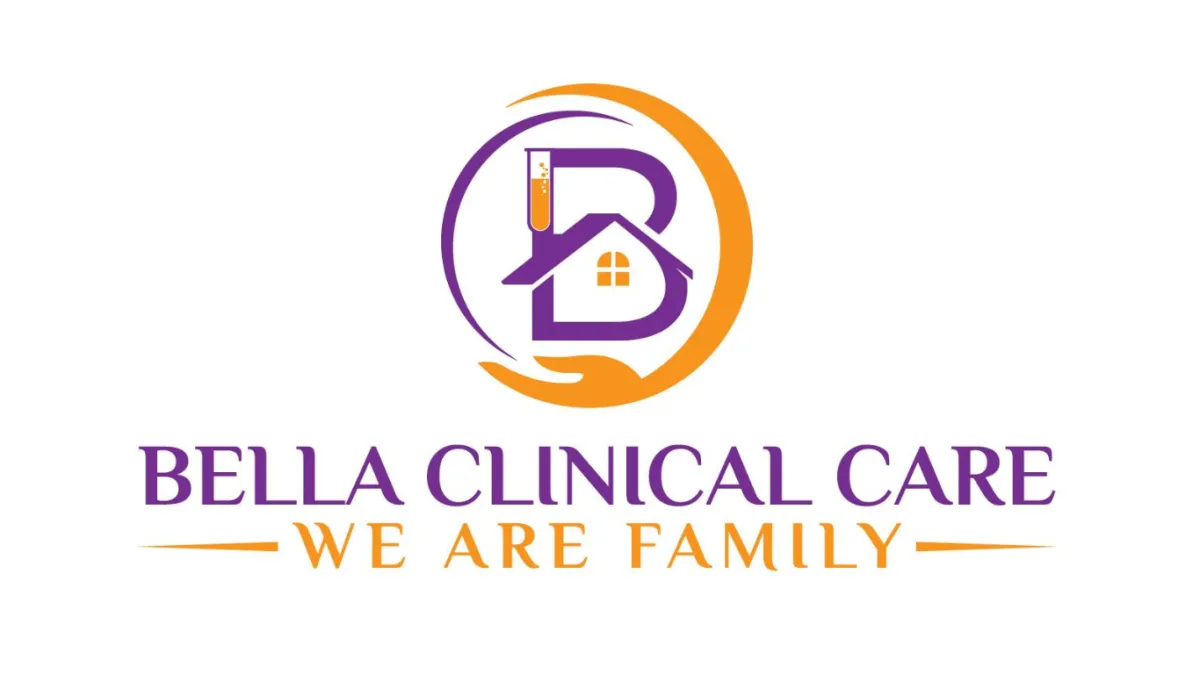1345 Garner Ln, Ste 301-A, Columbia, SC 29210

5 Signs Your Body is Craving Minerals
5 Signs Your Body is Craving Minerals
Minerals are vital for various bodily functions, from maintaining hydration levels to supporting nerve and muscle function. Deficiencies can lead to a range of health issues, but often the signs can be subtle. Here are five indicators that your body might be craving minerals and how you can address these deficiencies.

1. Frequent Peeing
One of the less obvious signs of mineral deficiency is frequent urination. Minerals like sodium and potassium are critical for maintaining fluid balance in the body. When these minerals are lacking, your kidneys may not retain water effectively, leading to increased urination.
Prevention and Tips:
Diet: Incorporate potassium-rich foods such as bananas, sweet potatoes, and spinach into your diet. Sodium can be maintained by moderate use of table salt, but it's best to avoid processed foods high in sodium.
Supplements: Consider an electrolyte supplement if you are particularly active or live in a hot climate where you sweat more.
Hydration: Drink plenty of water, but also consider drinks with added electrolytes to help maintain the balance.
Interesting Fact: The balance of electrolytes in your body affects how your muscles and nerves function, making their proper levels crucial for everyday activities.

2. Seasons of Stress
Periods of high stress can significantly deplete your body’s mineral stores, particularly magnesium. This mineral is essential for managing the body's stress response, muscle and nerve function, and maintaining a steady heartbeat.
Prevention and Tips:
Magnesium-Rich Foods: Include foods like almonds, dark chocolate, and avocados in your diet.
Magnesium Supplements: During high-stress periods, a magnesium supplement might be beneficial. Look for magnesium citrate or magnesium glycinate for better absorption.
Stress Management: Practice stress-relief techniques such as yoga, meditation, and deep-breathing exercises to help manage your body’s mineral levels.
Interesting Fact: Magnesium helps regulate neurotransmitters, which send messages throughout your brain and nervous system, playing a crucial role in your mood and mental health.

3. Using a Water Filtration System but Not Adding Minerals Back In
While water filtration systems are excellent for removing harmful contaminants, they also strip away essential minerals. Drinking exclusively filtered water can lead to a deficiency in these minerals over time.
Prevention and Tips:
Re-mineralization: Use a remineralization filter or add a pinch of Himalayan pink salt to your water to replace lost minerals.
Mineral Water: Occasionally drink natural mineral water, which contains a variety of essential minerals.
Diet: Ensure your diet includes mineral-rich foods to compensate for any lost through water filtration.
Interesting Fact: Natural mineral water from sources such as springs is rich in minerals like calcium and magnesium, which are vital for bone health and other bodily functions.

4. Constantly Thirsty
Persistent thirst, even when you're drinking enough water, can be a sign that your body is not absorbing minerals properly. Electrolytes such as sodium, potassium, and magnesium are essential for hydration as they help balance fluid levels inside and outside your cells.
Prevention and Tips:
Electrolyte-Rich Foods: Include foods like coconut water, which is a natural source of electrolytes.
Hydration Balance: Make sure your hydration strategy includes both water and electrolytes, especially if you are active or in hot climates.
Monitor Intake: Keep track of your water and electrolyte intake to ensure you’re not just consuming plain water but also replenishing necessary minerals.
Interesting Fact: Electrolytes are crucial for many functions, including muscle contractions and nerve impulses. Without them, even your cells wouldn’t be able to maintain their proper shape.

5. Symptoms of Fatigue, Irregular Heartbeat, Hair Loss, and Brain Fog
These symptoms can be indicative of a range of mineral deficiencies. Fatigue and brain fog can result from low levels of iron and magnesium, while an irregular heartbeat might signal a potassium deficiency. Hair loss can be linked to low levels of zinc and selenium.
Prevention and Tips:
Balanced Diet: Ensure your diet includes a variety of whole foods like leafy greens, nuts, seeds, lean meats, and whole grains to cover your mineral needs.
Regular Check-Ups: Consult with a healthcare provider to get your mineral levels checked periodically. Blood tests can reveal deficiencies you might not be aware of.
Supplements: Consider taking a multivitamin or specific mineral supplements if you’re at risk for certain deficiencies.
Interesting Fact: The human body requires at least 16 minerals to function properly. These include macrominerals like calcium, phosphorus, and magnesium, and trace minerals like iron, zinc, and selenium.
References and Additional Resources
Conclusion
Maintaining the right balance of minerals is crucial for overall health and well-being. By paying attention to the signs your body gives you and taking proactive steps to replenish essential minerals, you can support your body in functioning at its best. Always consult with a healthcare professional for personalized advice and before starting any new supplement regimen. At Bella Clinical Care, we're dedicated to helping you understand and meet your health needs, ensuring you live your best life with the proper balance of essential minerals.
Discover how we can help you achieve a balanced and healthy lifestyle. Feel free to reach out with any questions or to schedule a consultation. Call us at (803) 489-8777 or book online today!





Facebook
Instagram
LinkedIn
TikTok